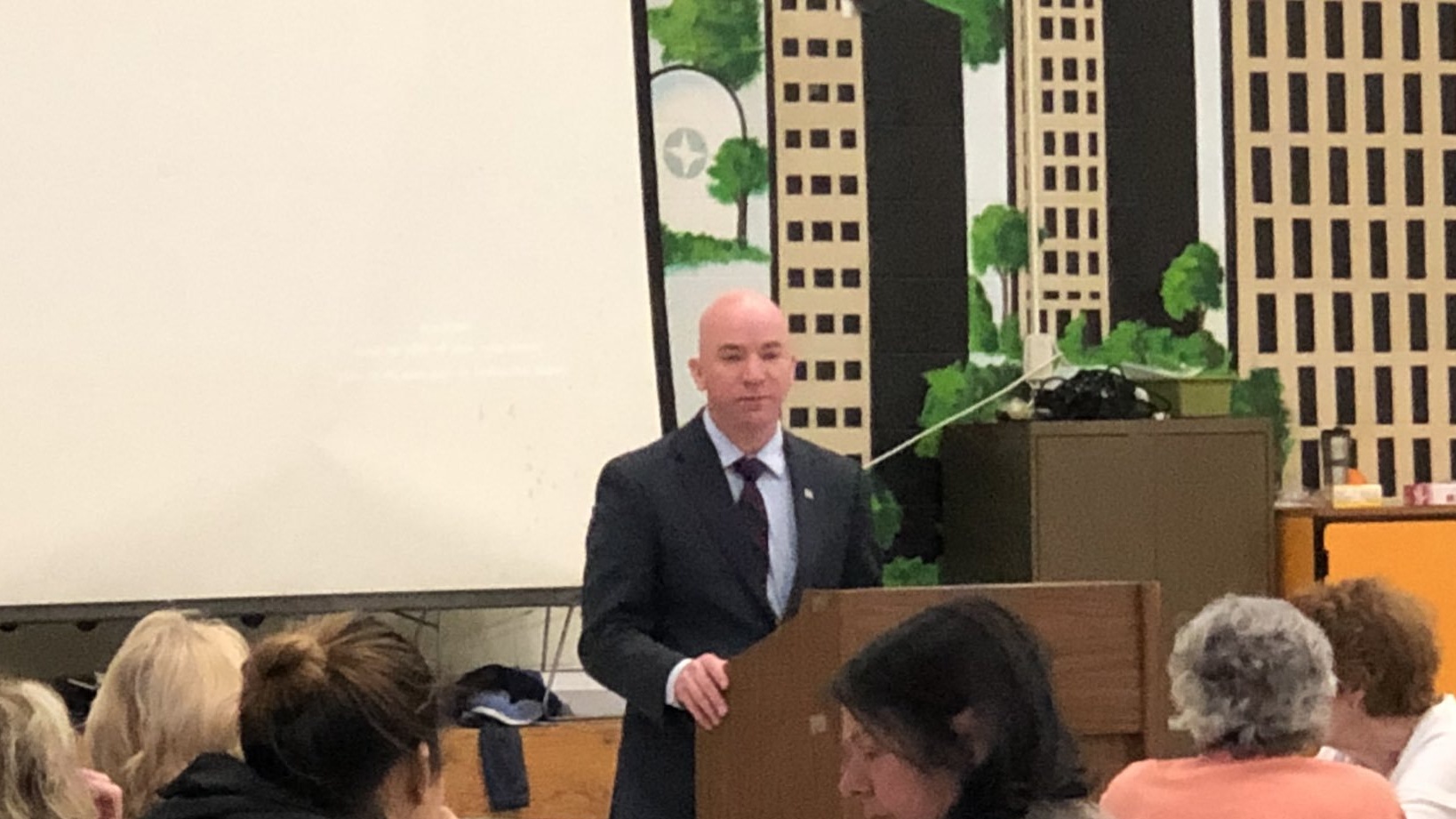Daniel Hunt (D-MA) is hoping to pass a bill making it illegal to call someone a "b***h." Hunt submitted Bill H.3719, titled "An Act Regarding The Use Of Offensive Words," on Tuesday which is currently being reviewed by the legislature's Joint Judiciary Committee.
In an interview with The Boston Herald, Hunt said he began pushing for the law when one of his constituents complained about hearing the word.
"A person who uses the word ‘b***h' directed at another person to accost, annoy, degrade or demean the other person shall be considered to be a disorderly person. A violation of this subsection may be reported by the person to whom the offensive language was directed at or by any witness to such incident," according to the bill.
The bill adds that there will be a penalty of $150 for the first usage of "b***h" in public, and any subsequent use will garner a $200 fine. There is also the possibility that those caught using the word could spend up to six months in prison.
Hunt, who represents Suffolk in the Massachusetts House of Representatives, admitted the law probably violates the First Amendment but said he wanted to start a discussion about the use of the word in public.
“Any time a constituent approaches me with something that is of concern to them, I follow through with it,” Hunt told the Herald. “In this instance, someone asked me to file a bill that they deemed was important and I thought it was a good exercise to let that bill go through the process.”
“This might also illuminate the exhaustive legislative process for people that might not normally be engaged,” Hunt claimed.
The move garnered immediate backlash online, and the Massachusetts Republican Party lampooned Hunt on Twitter.
Do you believe free speech matters? Tired of @massdems dictating what you can say?
Judiciary Committee will be taking this up tomorrow at 1 pm.
Come on down to the State House. Rooms A1&A2. First floor. Let 'em have it. #mapoli
https://t.co/afowov3IFg— MassGOP (@massgop) October 22, 2019
Beacon Hill Democrats like @repdanhunt are fearlessly taking on the biggest problems facing the commonwealth. #mapoli
pic.twitter.com/xxyECXmd6J— MassGOP (@massgop) October 21, 2019
Hunt defended himself on Twitter, claiming the bill was actually filed on behalf of the constituent who mentioned it to him.
— Dan Hunt (@RepDanHunt) October 22, 2019
In an interview with Boston.com on Wednesday, Hunt went into greater detail about the bill and said that in retrospect he might not have submitted it considering the national backlash. He claimed he had no position on the bill itself but submitted it on behalf of a constituent who did not want the backlash that inevitably came with it.
“When you do that it kind of exposes the person or the individual to the scrutiny of the media and general public. I didn’t give it much thought in retrospect. I’m glad we didn’t because the individual would [have] thousands of people … calling her… as opposed to me, whose job it is to represent constituents,” Hunt told Boston.com.
